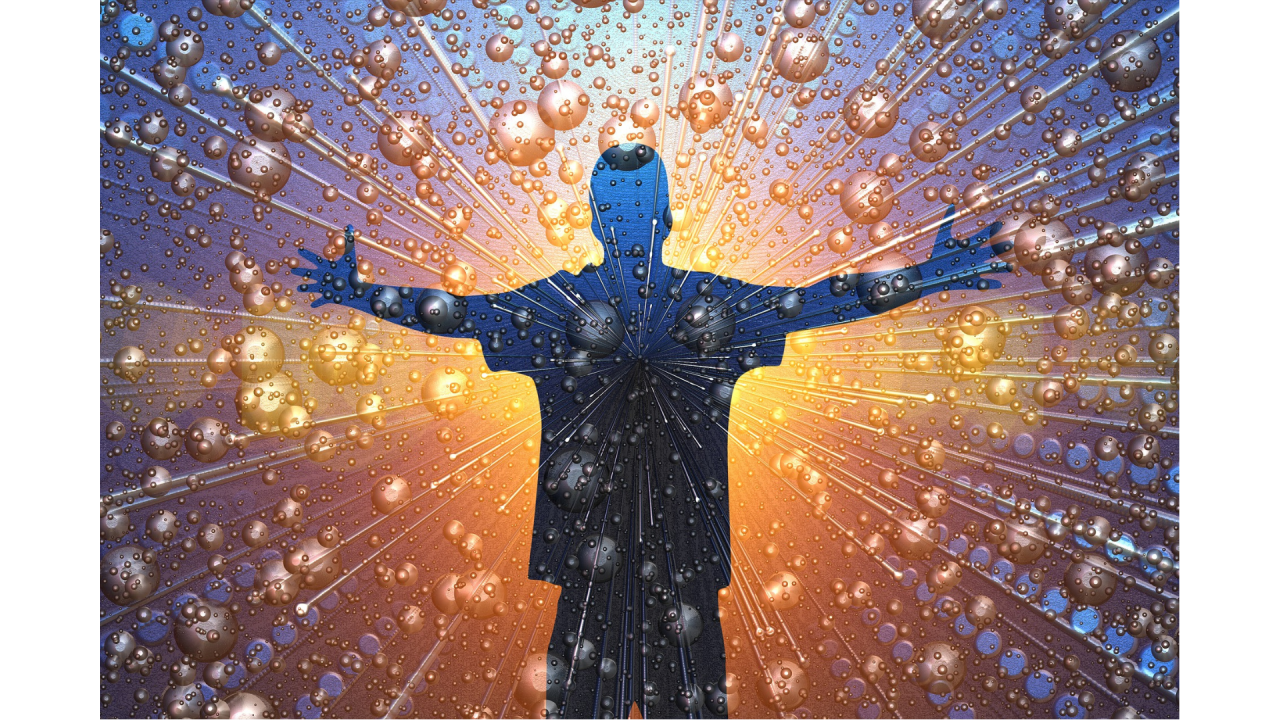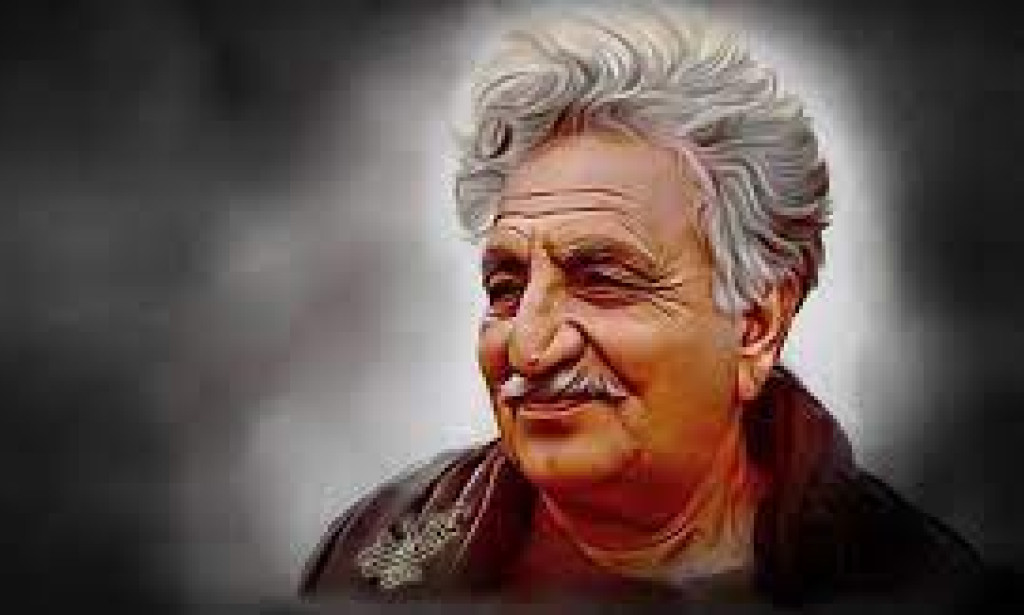1. Introduction to Ghani Khan and His Philosophical Persona
Ghani Khan, often affectionately called the Lewanay (mad) philosopher of the Pashtuns, was far more than a poet—he was a thinker, artist, and provocateur. Born into a politically charged family, as the son of the famed non-violent leader Bacha Khan, Ghani chose a different path—one of introspection and aesthetic rebellion. His poetry, especially in the collection ريډي ګل (Poppy Flower), refuses to conform to the ideological and literary trends of his time. Instead, it challenges the rigidity of dogma, whether religious, political, or cultural. Ghani Khan's poetry does not seek to preach but to provoke, not to comfort but to awaken. Through a fusion of mysticism, existential reflection, and a deep love for Pashtun culture, he created a body of work that stands unique in Pashto literature. His philosophical stance—at once humanist, mystical, and iconoclastic—emerges clearly in this collection.
2. The Symbolism of the Poppy Flower
The title of the collection, ريډي ګل (Poppy Flower), is rich with layered meaning. The poppy is often associated with beauty, fragility, and, paradoxically, the intoxicating effects of opium. In Ghani Khan’s usage, it reflects both the fleeting nature of life and the intoxication of ideas, love, and madness. The flower becomes a symbol of the poet’s soul—vibrant, uncontainable, and delicately dangerous. In several poems, Ghani alludes to the poppy as a metaphor for the thinker or artist who defies societal norms and is often misunderstood or dismissed as insane. Yet, it is precisely this madness that gives the poet his vision. The poppy, then, is not just a botanical image but a philosophical one—it encapsulates the essence of beauty that resists commodification and the pain that accompanies deep insight. Ghani Khan uses this image to establish a thematic framework for his poetry: beauty as rebellion, madness as wisdom.
3. Individuality and Rebellion Against Conformity
One of the most persistent themes in Poppy Flower is the celebration of individuality and the poet’s scorn for conformity. Ghani Khan’s philosophical stance is deeply existential—he emphasizes the importance of self-awareness, freedom of thought, and inner authenticity. His verses often portray society as a prison of expectations, where true individuals are labeled as mad. In rejecting traditional religiosity and political orthodoxy, Ghani Khan reclaims the right to think freely. He writes not as a representative of any dogma but as an individual truth-seeker. His language is laced with satire, irony, and sharp wit, exposing the hollowness of blind obedience. Through this rebellion, Ghani doesn’t propose anarchy but a higher order of self-realization. In his eyes, only the madman—the one detached from societal illusions—can see clearly. Thus, the collection becomes an ode to the unique, the misunderstood, and the brave soul who dares to walk alone.

4. Sufism, Mysticism, and the Search for the Divine
Deeply embedded in Ghani Khan’s poetry is a mystical longing that mirrors the teachings of classical Sufi poets such as Rumi and Hafiz. Yet, Ghani’s mysticism is nonconformist. He does not espouse organized religion but seeks a direct, personal connection with the Divine. His God is not one confined to rituals or doctrines but a presence felt in beauty, in suffering, in the absurd. In Poppy Flower, the Divine is elusive, often playful, and always beyond human comprehension. This approach aligns Ghani with the tradition of Sufis who saw madness as a path to spiritual awakening. His poetry reflects the concept of fana (annihilation of the self), yet it also insists on the preservation of individuality—a paradox he skillfully balances. The tension between the desire to dissolve into the divine and the need to retain personal consciousness makes his mystical philosophy both complex and profoundly human.

5. Pashtun Identity and Cultural Critique
Although Ghani Khan loved Pashtun culture, he did not shy away from critiquing its rigidities. His poetry navigates the difficult balance between cultural pride and social progress. In many verses, he highlights the contradictions within Pashtun society—valorizing hospitality and honor on one hand, while lamenting tribalism, patriarchy, and the suppression of intellectual growth on the other. He viewed the Pashtun not just as a warrior but as a being capable of art, philosophy, and transformation. Poppy Flower includes subtle indictments of the glorification of violence and the stagnation brought by blind adherence to tradition. However, his critique is never bitter—it is laced with affection and the hope that the Pashtun soul can evolve. By doing so, Ghani Khan reimagines Pashtun identity not as a static heritage but as a living philosophy open to growth and introspection.

6. Love, Nature, and Human Emotions
Apart from politics and philosophy, Poppy Flower also delves deeply into the emotional and sensory experiences of life. Ghani Khan writes about love—not just romantic but also cosmic, spiritual, and platonic. His poems celebrate the senses, the beauty of nature, and the ecstasy of existence. Birds, flowers, rivers, and mountains become metaphors for human emotions, illustrating the interconnectedness of all life. His treatment of love is both sensuous and sacred, rejecting puritanical restraints in favor of expressive, embodied emotion. Ghani’s view of human feeling is neither simplistic nor sentimental; instead, it reveals an understanding of pain, joy, longing, and hope as intrinsic to the human condition. This universal humanism makes his poetry resonate beyond cultural or linguistic boundaries.
:max_bytes(150000):strip_icc()/ColorsProvokeSimilarEmotional_withlogo-84797ddea91b434aa895eb832c48a1dc.png)


You must be logged in to post a comment.